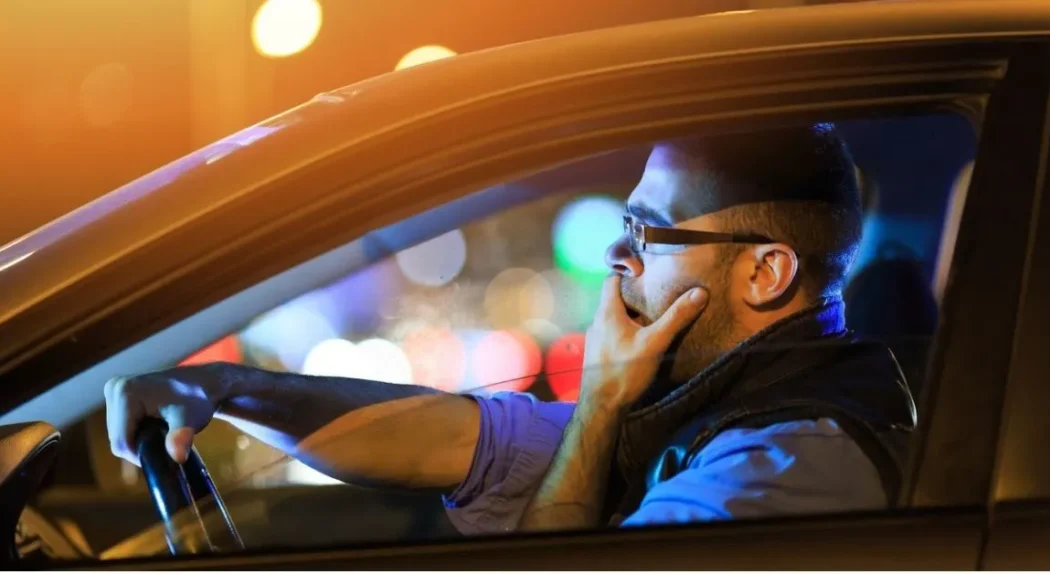Blog
Has Drowsy Driving Become More Common?

The Prevalence of Fatigued Drivers on U.S. Roads
The National Sleep Foundation reports that being awake for more than 20 hours is equivalent to a blood alcohol concentration (BAC) of 0.08, the legal limit in most states. Every driver can be at risk of falling asleep at the wheel, which means it’s critical to understand the causes of drowsy driving and how to prevent it. Here’s what you need to know.
Drowsy Driving By the Numbers
The following are the latest statistics showing the relation between drowsy driving and motor vehicle accidents:
- 697 people died in drowsy driving-related accidents in 2019.
- In 2017, it was estimated that 91,000 police-reported crashes involved drowsy drivers.
- In 2017, there were nearly 50,000 people injured and almost 800 deaths due to drowsy driving accidents.
- The most drowsy driving crashes occur between midnight and 6 a.m. or late afternoon. These specific hours are commonly associated with a drop in the body’s circadian rhythm (your internal clock that regulates sleep).
What Causes Driver Fatigue?
It’s no secret that Americans are busy people and are on the go every single day. Whether you have a long commute, toting kids around town, or drive for a living, driver fatigue can hit at any time. According to the Centers for Disease Control and Prevention (CDC), the most common causes of drowsy driving are:
- Being awake for long consecutive hours.
- Not getting proper amounts of sleep over multiple days.
- Driving during morning hours — the urge to sleep is more prevalent during this time.
- Performing monotonous tasks or going through long hours of inactivity.
- Having a sleep disorder.
- Taking medications that cause drowsiness.
How to Prevent Drowsy Driving
Getting enough sleep each day is a surefire way to stay alert and avoid a drowsy driving crash. Some other tips include:
- Don’t drive after taking medication known to cause drowsiness.
- Don’t drink alcohol before driving. While alcohol causes impairment, even just one drink can make you feel drowsy.
- Avoid driving during peak periods when you’re more likely to feel sleepy (midnight to 6 a.m. and late afternoon).
Injured a Drowsy Driver Crash? We Can Help.
If you have suffered injuries caused by a drowsy driver, we are here to help you seek justice. When the careless actions of another motorist cause you harm, we’re here to hold the negligent parties accountable. Let us protect your rights to pursue financial compensation for your injuries and medical costs.
We are available for calls 24/7. Contact Bandas Law Firm, P.C. today at (361) 238-2789 for a case evaluation.
contact us
Request A Free Consultation
Fields marked with an * are required
